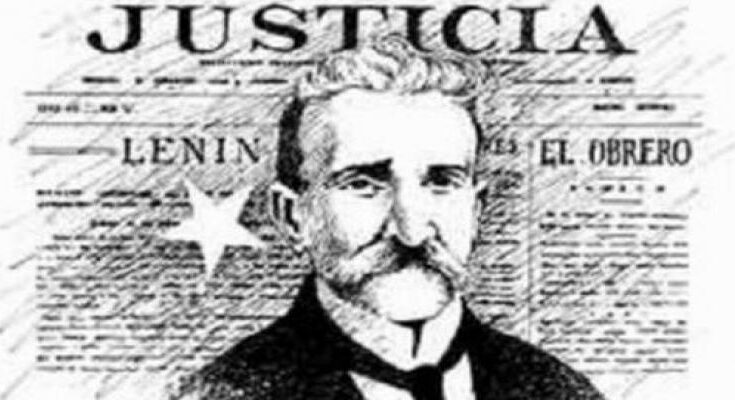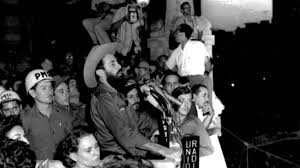On June 18, 1926 Carlos Benigno Baliño López died, whom José Martí called «the golden Cuban», a tobacco worker and one of the most lucid precursors of Marxist thought in Cuba, who collaborated with periodical publications inside and outside the national territory and constitutes the example of the honest and dignified fighter against all forms of human slavery and injustices.
Baliño was an essential figure for the workers’ and anti-imperialist movement in Cuba, a worthy example of a whole life devoted to the honest struggle for the collective welfare; and although he was gifted with an exquisite sensitivity to write love verses, the reason for being and the meaning of his existence led him to project himself with more vehemence in the Marxist ideal and action.
Carlos Baliño was the bridge of two generations: he signed with José Martí the bases and the act of constitution of the Cuban Revolutionary Party, in Cayo Hueso, and together with Julio Antonio Mella and other militants he founded the First Communist Party of Cuba in 1925.
After his death, which occurred on a similar date to this one in 1926, more than an obituary note, the newspaper «El boletín del cigarrero» left as epitaph for the tomb of the disappeared fighter an article titled La caída del roble (The fall of the oak tree), which in one of its paragraphs stated: «The workers of Cuba, and especially the communists, have lost one of their best militants».





